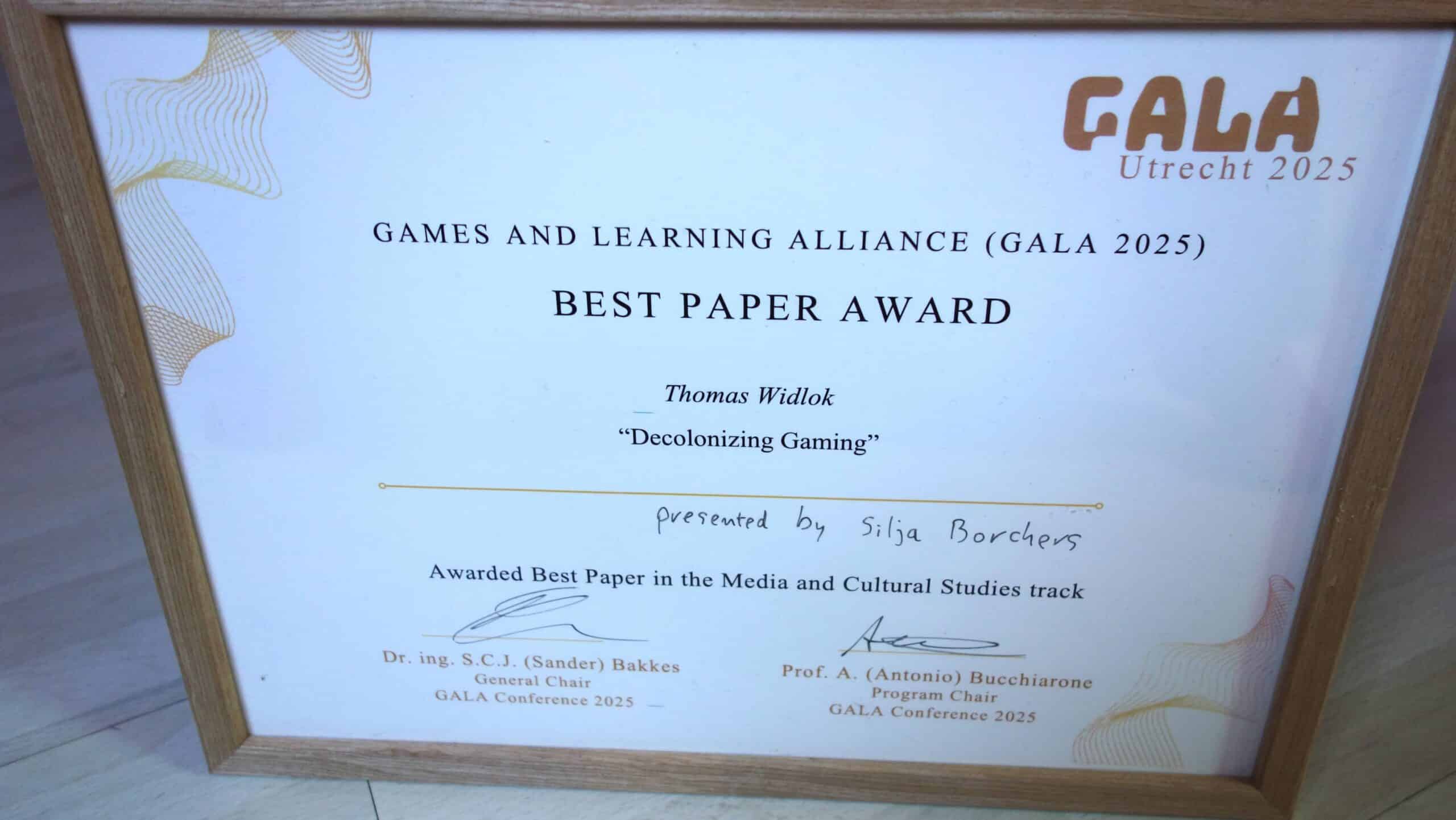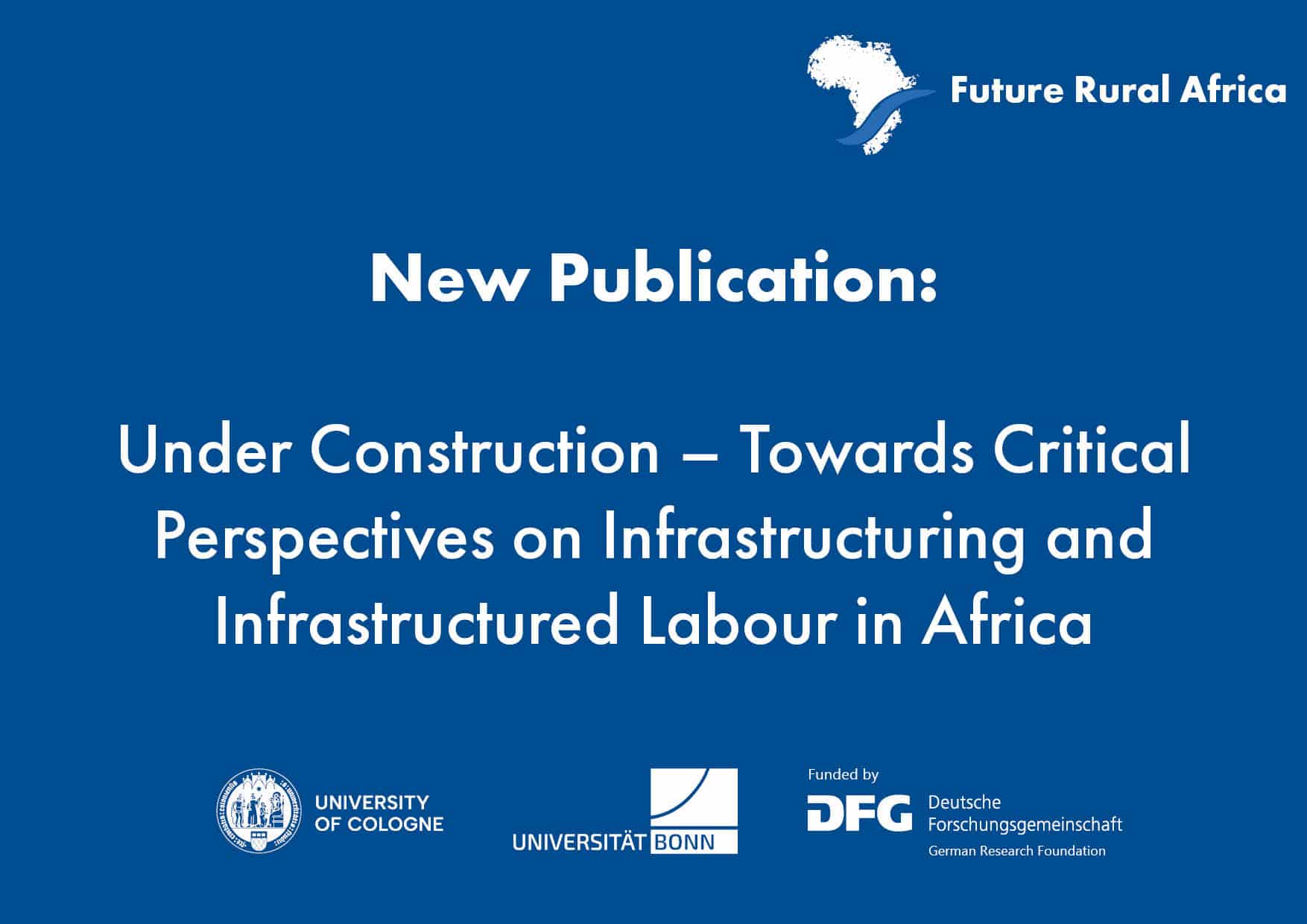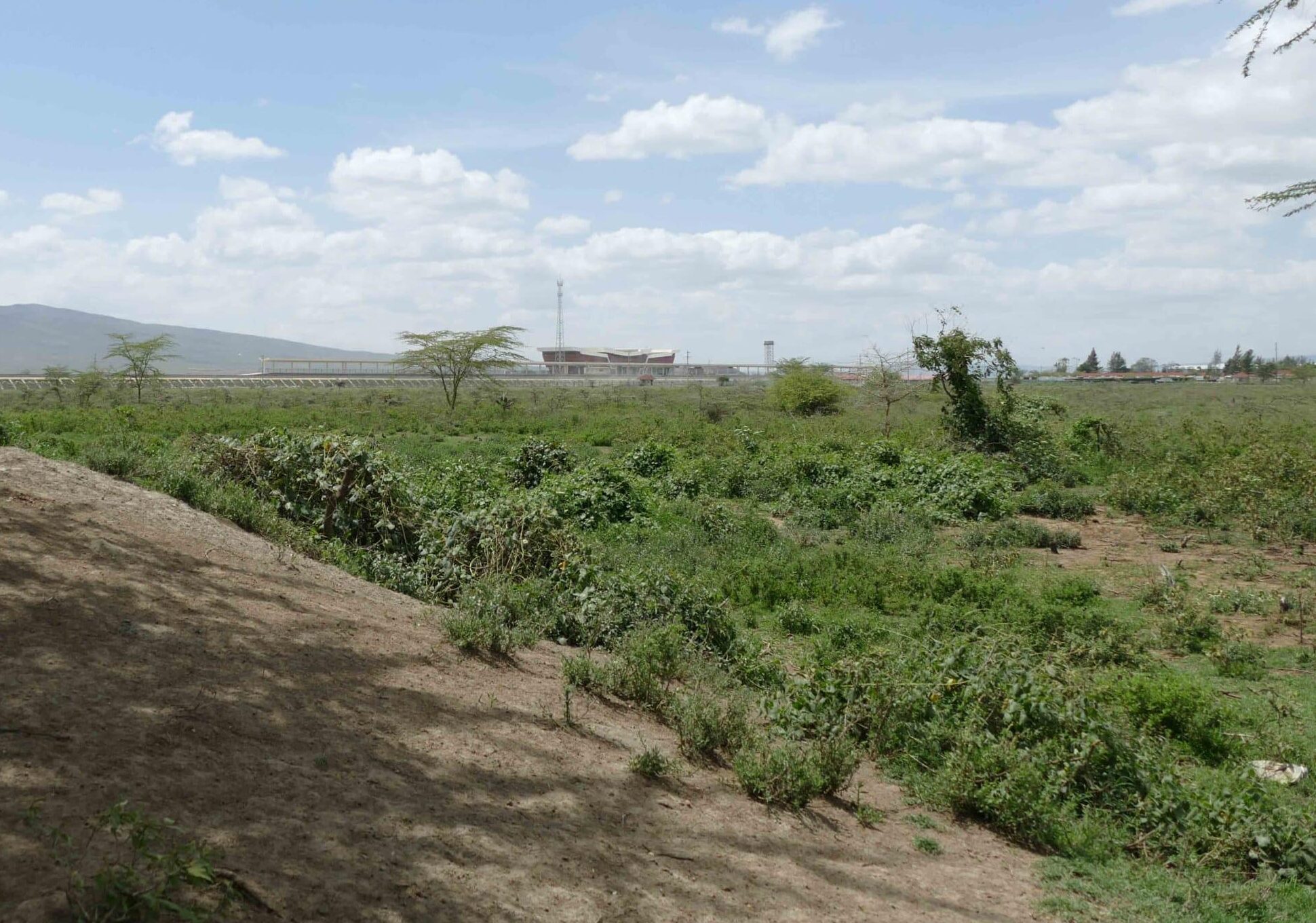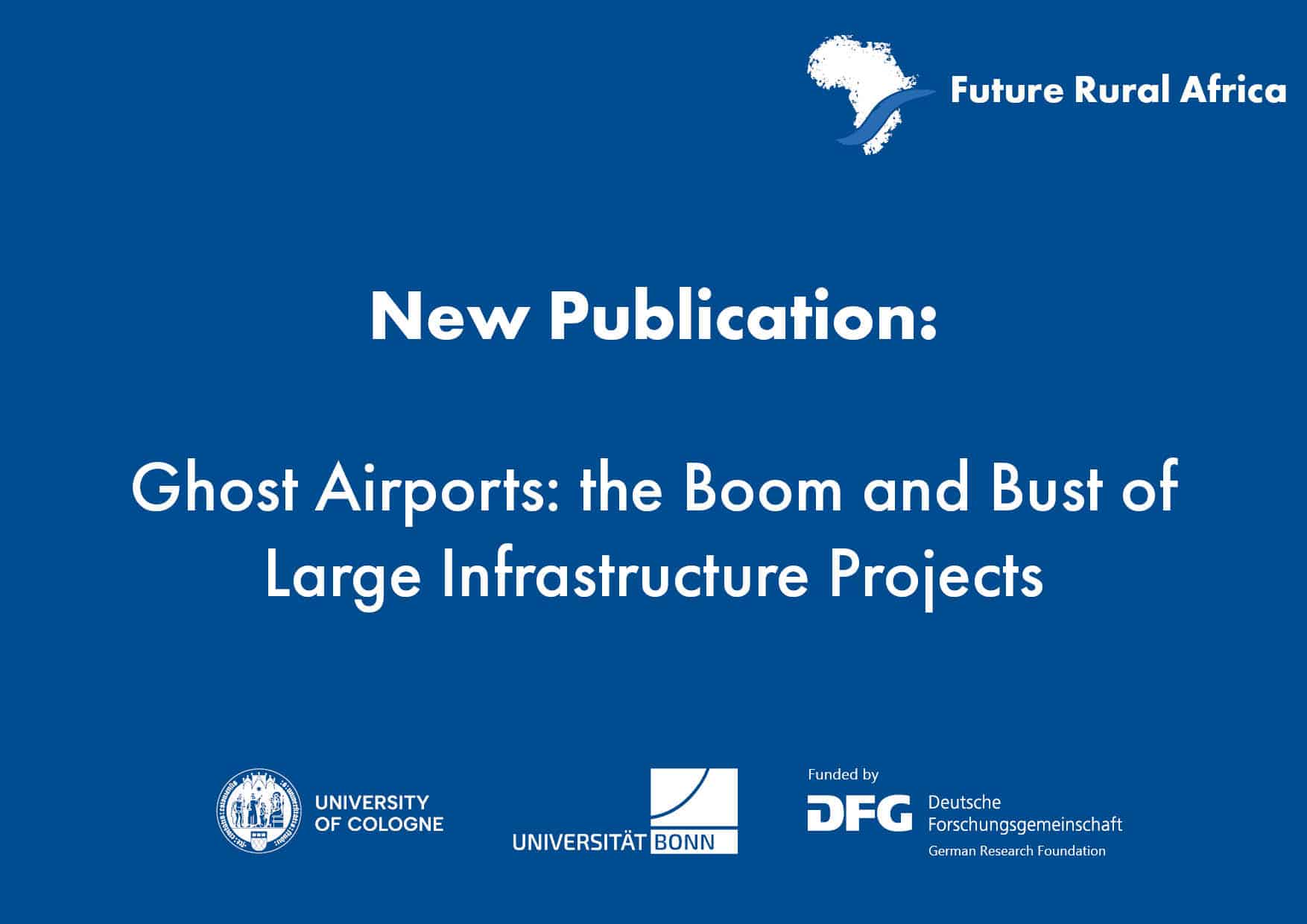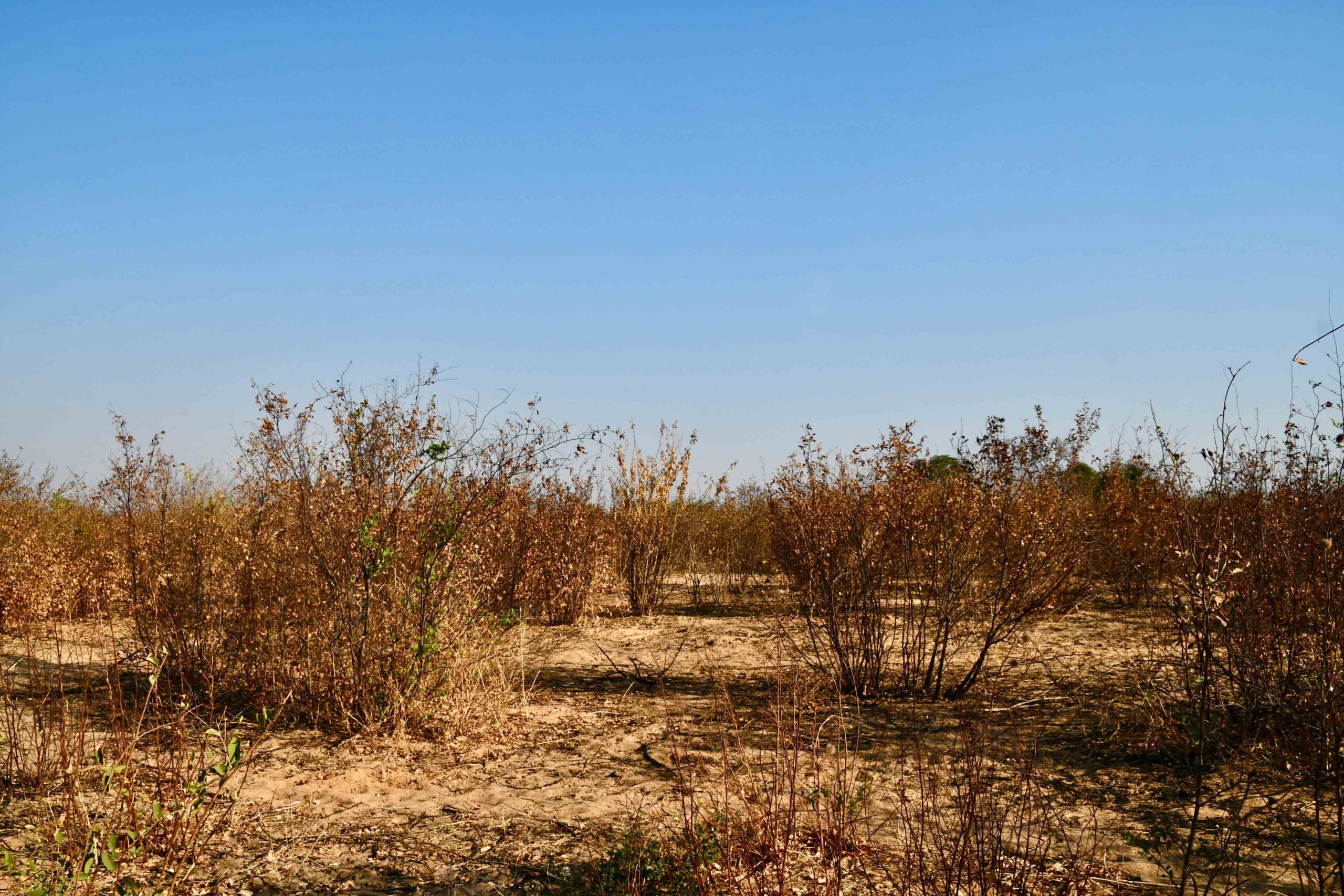Poor households make little investments in human capital, despite the potential benefits and are hence trapped in poverty. To overcome this poverty trap, households can invest more in children’s education as such investments reflect hopes and aspirations to break the intergenerational poverty chain. In this study, we examine the relationship between religiosity and parental educational aspirations for their children in rural Kenya. We study religiosity from both an extensive (membership in a religious institution) and an intensive perspective (extent of personal spiritual practice such as engaging in worship, meditating, and praying) and elicit parental aspirations for children using vignettes. By employing inverse probability weighting with regression adjustment and multivalued treatment effects estimators on cross-sectional data, we show that membership in a religious institution and high levels of religiosity increases the educational aspirations of parents for their children and girls in particular. Overall, we provide empirical correlational evidence that religion can be a transformative pathway to socio-economic development through nudging aspirations and loosening internal constraints, and activating progressive beliefs about development in many rural African settings.
Tabe-Ojong, MP & Nshakira-Rukundo, E 2021, ‘Religiosity and parental educational aspirations for children in Kenya,’ World Development Perspectives, Volume 23, 100349, DOI.


